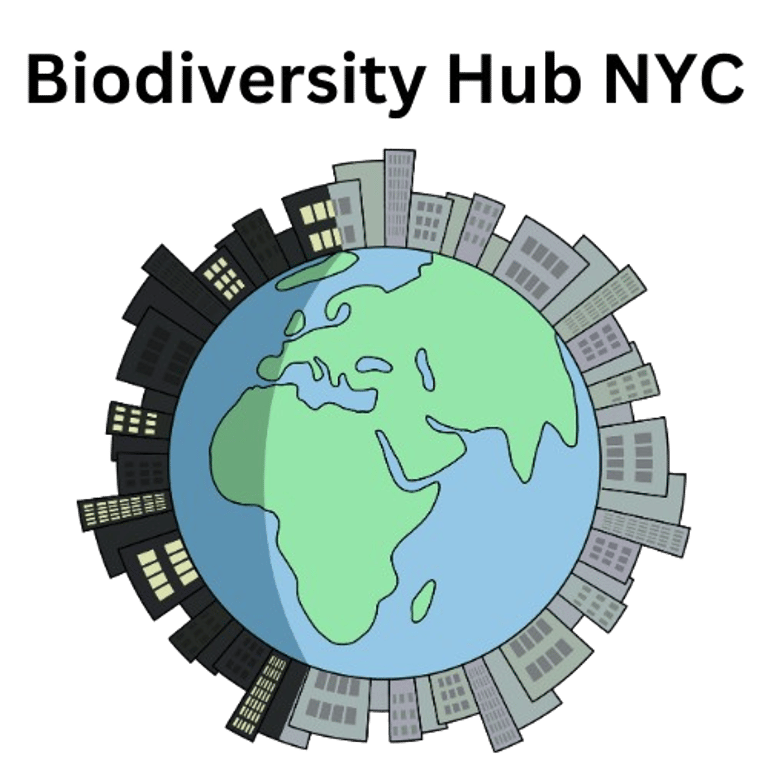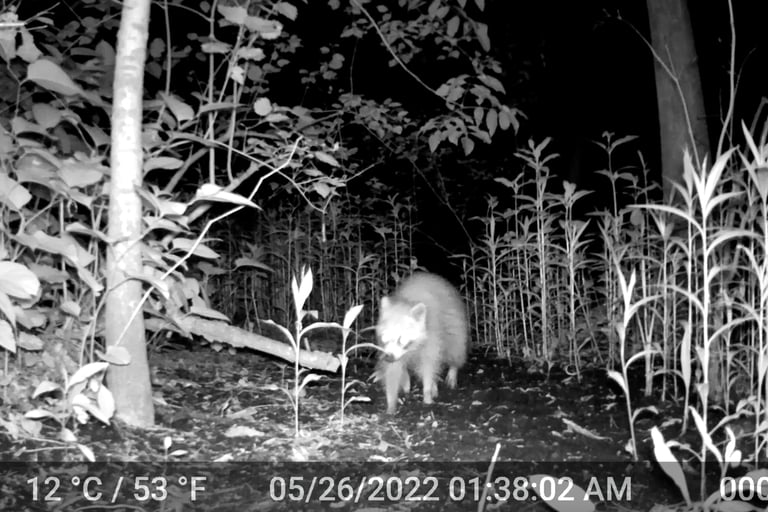
Biodiversity Hub NYC is singularly dedicated to understanding and preserving the biodiversity that defines the city’s ecosystems. Through comprehensive biodiversity surveys, innovative ecological research, active community science programs, and generating the most comprehensive database of NYC ecological science papers we position biodiversity as the cornerstone of sustainable urbanization in New York City.
What we do.....
1. Advance Urban Biodiversity Research
We conduct and support high-quality research in urban ecology, evolutionary biology, and natural history. Through partnerships with universities, research institutions, and independent scientists, we generate original data and analyses that expand scientific knowledge of urban systems. Our work emphasizes empirical field research, quantitative approaches, and long-term monitoring to better understand how biodiversity persists, adapts, and evolves in cities.
We are building a centralized, open dataset of all peer reviewed scientific research conducted in New York City, creating a shared resource that supports collaboration, transparency, and a deeper understanding of the city’s ecological systems.
2. Educate and Share Knowledge
We translate research into accessible educational materials for students, educators, and the public. This includes producing written resources, visual media, and hosting a New York City–based lecture series featuring scientists, practitioners, and community experts. Our goal is to make urban ecology approachable while maintaining scientific integrity, fostering curiosity and ecological literacy across diverse audiences.
3. Engage the Public Through Field-Based Experiences
We organize public events such as biodiversity walks, field demonstrations, and guided explorations in natural areas throughout New York City. These events connect people directly with local ecosystems, highlighting the ecological value of urban parks, waterways, and green spaces. By encouraging firsthand observation and participation, we aim to build lasting connections between communities and the biodiversity around them.




